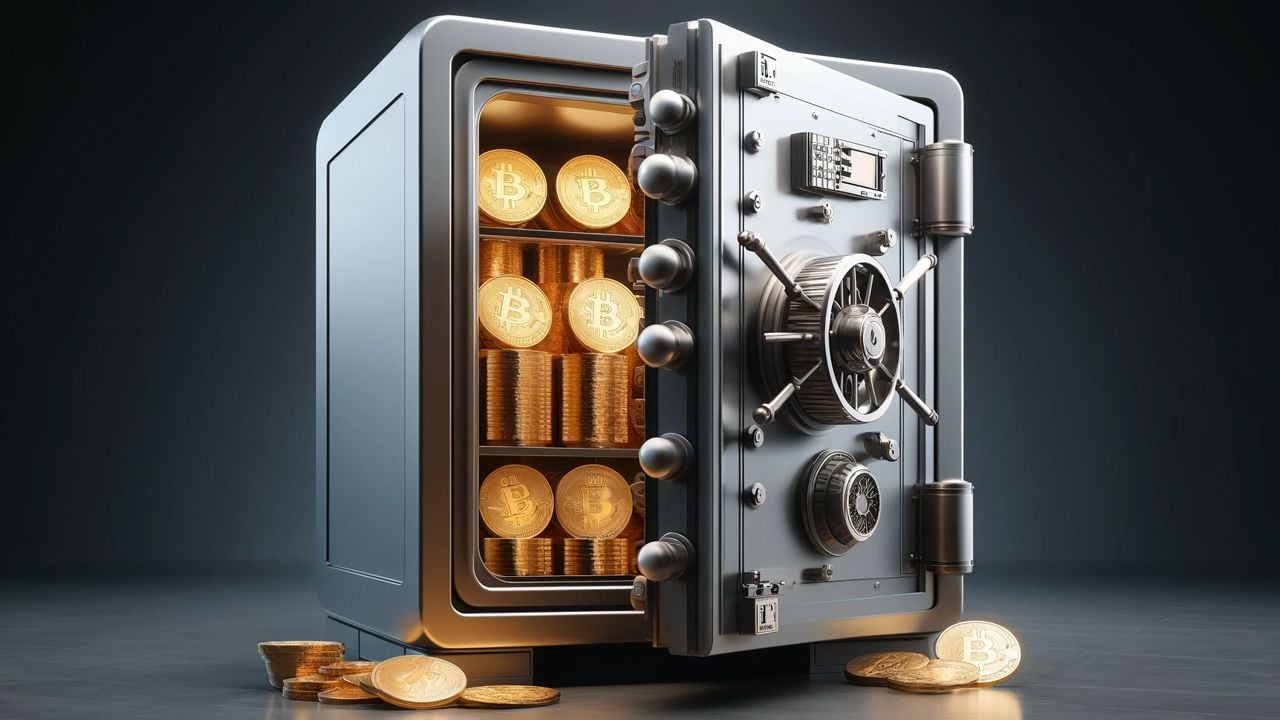Nigeria’s financial guardians at the Central Bank of Nigeria have decided it’s time to turn up the heat and crank the interest rate up by a whopping 200 basis points. That’s right, we’re now sitting at a cozy 24.75%, up from the previous 22.75%. This isn’t just another adjustment; it’s a bold move as Africa’s powerhouse economy grapples with a historic currency debacle and inflation figures that would make your head spin.
So, what’s the big deal? Well, let’s just say the economic steering wheel is being handled with gloves of determination. After a staggering 400 basis point leap back in February, this latest hike is the sequel nobody asked for but got anyway. The message from the CBN’s head honcho, Governor Olayemi Cardoso, at a recent press meet was clear: tightening the financial belt is crucial for wrestling down the inflation monster that’s been running wild.
The Battle Against Inflation
Now, let’s dive a bit deeper into this inflation saga. Imagine your money buying less and less, with prices climbing faster than a squirrel on an energy drink. That’s been the reality in Nigeria, with inflation rates doing the high jump to 31.7% year-on-year this February. The folks at Capital Economics, with David Ojomolo leading the commentary parade, see this latest rate hike as a testament to the CBN’s resolve to combat inflation head-on, despite the potential slowdown in growth it could cause.
But here’s the kicker: even with the threat of stunted growth, the decision to push rates higher suggests a prioritization of taming inflation over everything else. It’s like choosing to fix a leaky roof even if it means your attic becomes a no-go zone for a while. And let’s not forget, this isn’t just about current woes. The CBN’s February pow-wow revealed a consensus for more aggressive rate hikes to keep inflation from ballooning further, marking the highest rate jump since 1996.
Experts are eyeing further rate increases in the coming months, suggesting that this financial tightening saga is far from over. With the May and July meetings on the horizon, the expectation is for a 100 basis point hike each time, rounding off what has been a rollercoaster of monetary policy adjustments.
Navigating the Currency Crisis
Turning our gaze to the currency front, the Nigerian naira has been on a roller coaster of its own, diving around 70% against the U.S. dollar in just a year. Late February saw the naira hitting rock bottom at an all-time low. However, a ray of hope emerged as it clawed back some ground, following the CBN’s announcement of clearing a $7 billion backlog of imports.
The debates within the Monetary Policy Committee (MPC) have been as varied as the Nigerian landscape, from cautious doves to aggressive hawks, each bringing their own spice to the policy mix. The consensus? A need to elevate interest rates to not just any level but one that propels real interest rates into positive territory, attracting foreign investment and bolstering the naira.
It’s a delicate balance between bolstering the currency and not throttling growth, with voices in the MPC advocating for measured steps. Yet, the overarching narrative remains focused on restoring stability and confidence in Nigeria’s financial systems.





